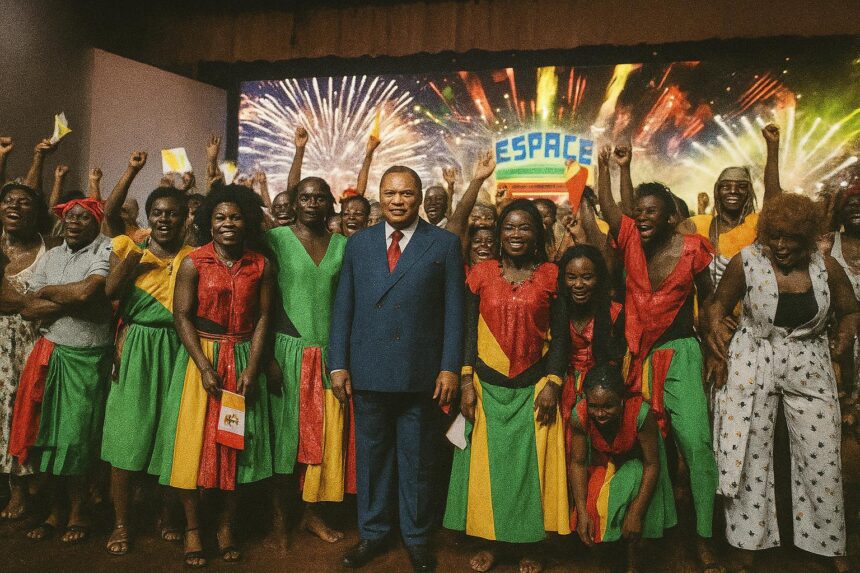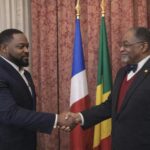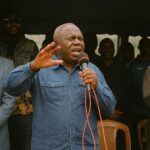A festive overture with strategic overtones
A packed Palais des Congrès erupted in syncopated applause as President Denis Sassou Nguesso formally ushered in the twelfth Pan-African Music Festival on 19 July 2025. The brass ensemble of the Republican Guard provided a ceremonial prelude, yet beneath the celebratory cadence lay a meticulously choreographed message: Brazzaville intends to leverage cultural capital as a pillar of economic diversification. In an address brief but symbolically potent, the Head of State affirmed that the festival serves “both the soul and the balance sheet of the continent,” an assertion echoed by foreign envoys who described the event as a textbook illustration of smart cultural diplomacy.
Culture at the crossroads of economy and technology
The chosen theme—“Music and Economic Stakes in the Digital Age”—resonates with mounting data from the International Telecommunication Union indicating a two-digit annual growth rate in Africa’s streaming market. Minister of Cultural Industries Marie-France Lydie Hélène Pongault framed the conversation succinctly: artistic expression is now an asset class. Her ministry’s white paper, released on the sidelines of the festival, anticipates that copyright-driven revenues could exceed national timber earnings within a decade, provided that digital infrastructure and intellectual-property regimes advance in tandem. Such projections align with World Bank models that rank Congo-Brazzaville among Central Africa’s most connected states after recent fibre-optic deployments (World Bank Digital Economy Report 2024).
Compact edition, outsized ambitions
While budgetary prudence inspired a scaled-down format—three stages instead of the customary eight—the festival retains continental reach, welcoming delegations from twenty-seven states and the wider diaspora. Commissioner-General Hugues Gervais Ondaye described the streamlined structure as “a laboratory rather than a showroom,” allowing curators to test hybrid concerts, blockchain ticketing and immersive reality masterclasses aimed at remote audiences. According to organisers, preliminary analytics from the opening night wp-signup.phped more than 600 000 live streams across African and European nodes, surpassing the total online engagement recorded throughout the 2023 All Africa Music Awards.
Digital transition as a pan-African opportunity
UNESCO’s Director-General Audrey Azoulay, in a video message read by regional representative Fatoumata Barry Marega, situated FESPAM within the United Nations’ “Culture 2030” framework, applauding Congo’s commitment to fair remuneration for creators. The government’s recently enacted Start-up Act grants tax holidays to digital distributors domiciled in Brazzaville, an incentive applauded by the African Union’s Department of Trade and Industry as a step toward continental harmonisation of creative-industry policies. Analysts at the Dakar-based think-tank Wathi note that such regulatory synchrony could help aggregate Africa’s fragmented music markets into a consumer base rivaling Latin America’s by 2030.
Soft power on a Congolese stage
Diplomats interviewed on site viewed the festival as a subtle yet effective instrument of soft power. A senior envoy from the European Union described the event as “cultural multilateralism in action,” while a representative of the African Development Bank highlighted the synergy between artistic visibility and investor confidence in non-extractive sectors. The presence of UN agencies and regional financial institutions conveyed implicit endorsement of Brazzaville’s stability narrative, a feature that could prove decisive in forthcoming negotiations on sustainable-development financing.
Youth, gender and post-petroleum horizons
True to its promise of inclusivity, the opening night foregrounded emerging voices such as slam poet Mariusca La Slameuse, whose performance fused Lingala cadences with environmental advocacy. Her verses, amplified across social media, underscored the generational pivot that organisers hope will anchor Congo’s transition from hydrocarbon dependency to knowledge-based growth. Gender parity on the main stage also reflected the national agenda: the 2025-2027 Cultural Strategy underscores female entrepreneurship as a multiplier of gross value added in creative subsectors.
A measured but resonant coda
As the final spotlight faded on a percussive crescendo by the Franco-Congolese troupe Danseincolor, seasoned observers noted that FESPAM’s significance transcends its eight-day calendar. The festival functions as a barometer of Brazzaville’s broader vision: to recast cultural heritage as a tradable, digitally enabled commodity while nurturing regional cohesion. Whether the digital dividends materialise at the forecast scale will depend on sustained investment in fiber optics, equitable royalty frameworks and continuous capacity building. For now, the twelfth edition has reaffirmed that in Congo-Brazzaville, music remains not only a universal language but a strategic vernacular of modern statecraft.



















